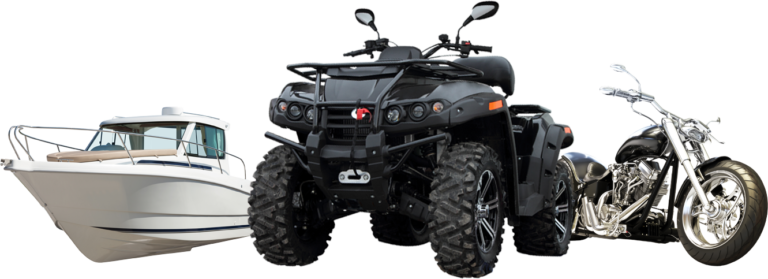What Is RV Insurance?
Prior to buying a recreational vehicle, many will be dreaming of the upcoming days of leisure in enjoying the use of an RV with loved ones and friends. The idea of an accident and ensuing property loss or someone being hurt will often not be pondered, but these kinds of issues, perils, and the like are possibilities for which one should be prepared. Purchasing good recreational vehicle insurance is the most viable method to significantly mitigate any financial loss that you would otherwise have to pay out-of-pocket, should something unexpected occur. Certainly, there is a myriad of things, anything from theft, vandalism, severe weather (and more) that can mean an RV owner will be faced with a partial or total loss. Also, in some cases, you may have medical costs incurred that are related to injuries as well as liability costs. In some cases, the money needed to be whole again can be outrageous. Thus, many can greatly benefit from the financial protection of an insurance plan that is tailor-made for a recreational vehicle.
How Does it Work?
A usual policy for recreational vehicles coverage will provide financial compensation for vehicle repairs or total replacement, personal injury, and liability protection as well. If you have an RV that needs to be towed, you can also purchase additional coverage for the trailer used and for the event of needing to be towed.
Be aware that your insurance provider only offers benefits up to the limit of the coverage that you buy. If the costs exceed those limits, you are responsible for paying them on your own. Keep in mind that you will most likely be required to pay a deductible amount when you file a claim prior to receiving compensation. For an RV owner to receive compensation, he or she will need to have been consistent and on time with their premium payments. After a claim is filed, the insurance provider will usually send out an adjuster to determine the legitimacy of the claim and to determine the cause of damage and the costs of repair or replacement.
An RV policyholder can obtain a wide range of insurance coverage types. Liability compensates for medical bills and any damage to vehicles and injury to drivers. Personal injury protection pays out for medical costs. Collision covers both the insured RV and also extends funds for the repair of body damage for the RV owner. Comprehensive is the kind of coverage that pays out for damages from unforeseen situations other than collisions, such as fire, vandalism, and theft. Talk to your insurance professional for more information. Understand that your insurance company only will provide benefits up to the limit of the policy coverage that you buy. If the costs exceed those limits, you will be required to pay for them out-of-pocket. Know that you will also be mandated to pay the deductible amount whenever you file a claim, prior to the insurance company providing compensation.


